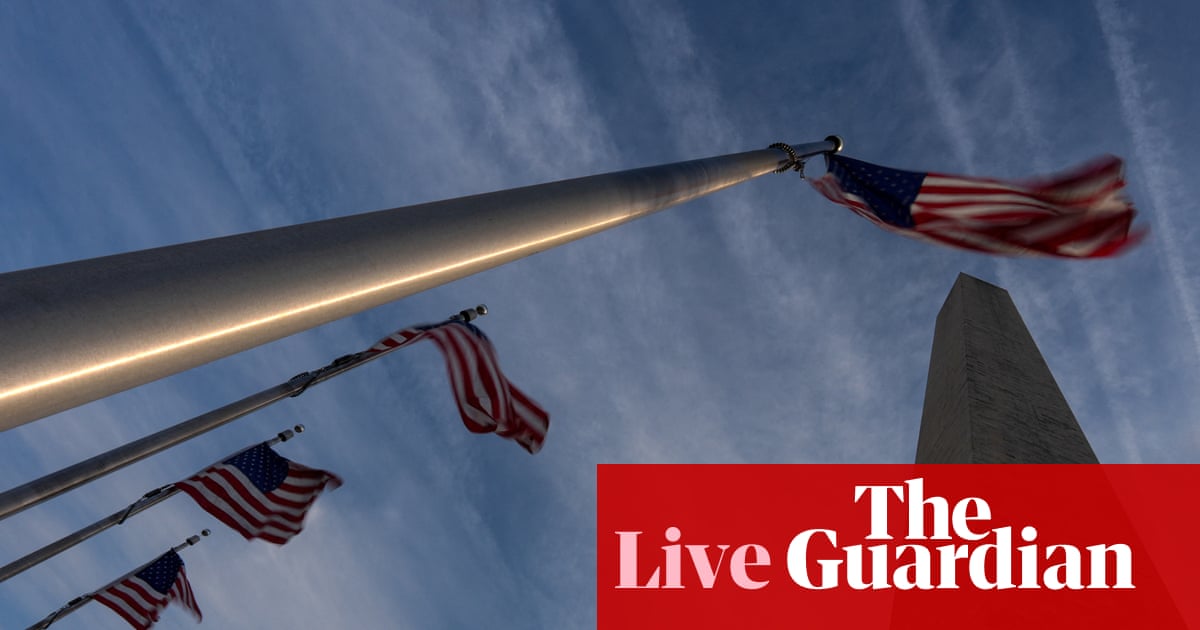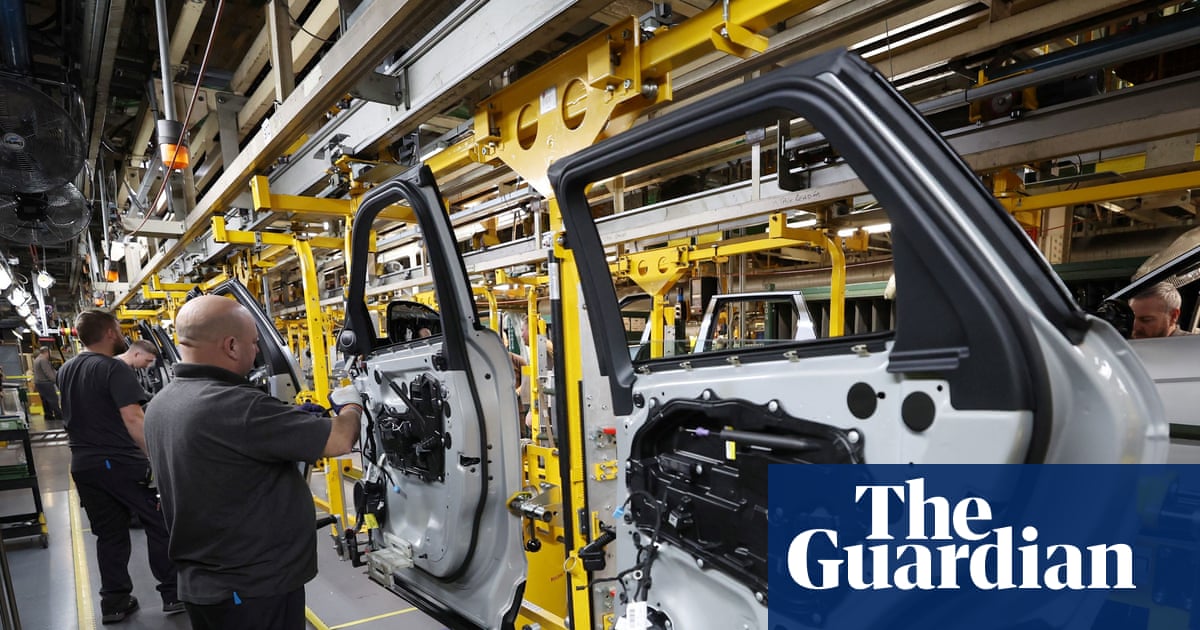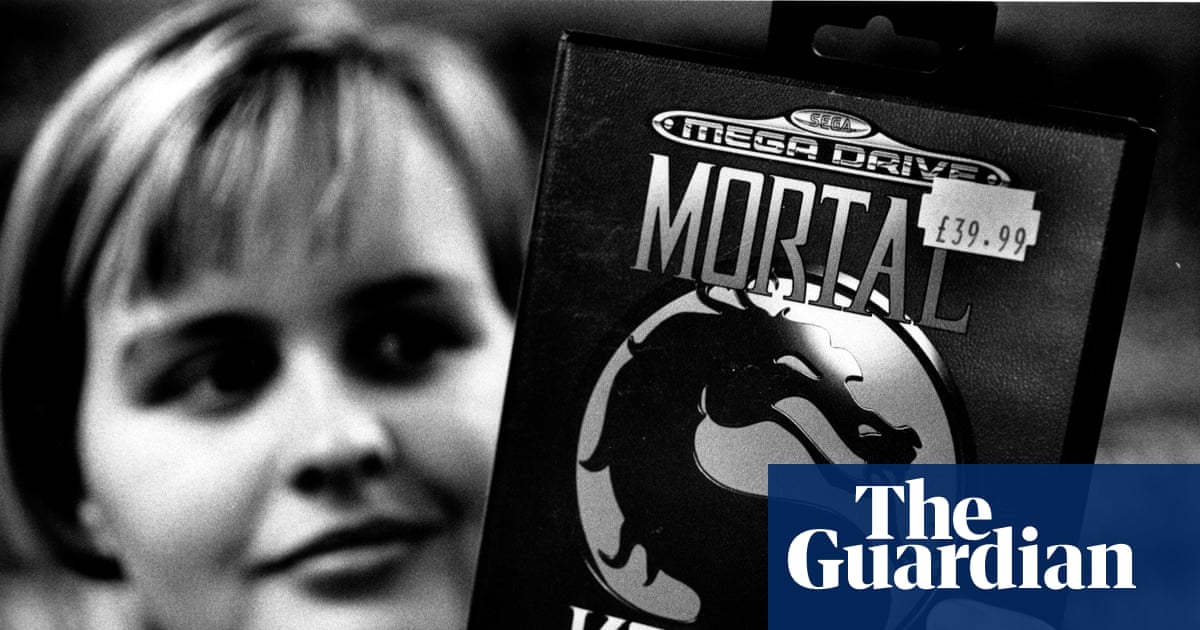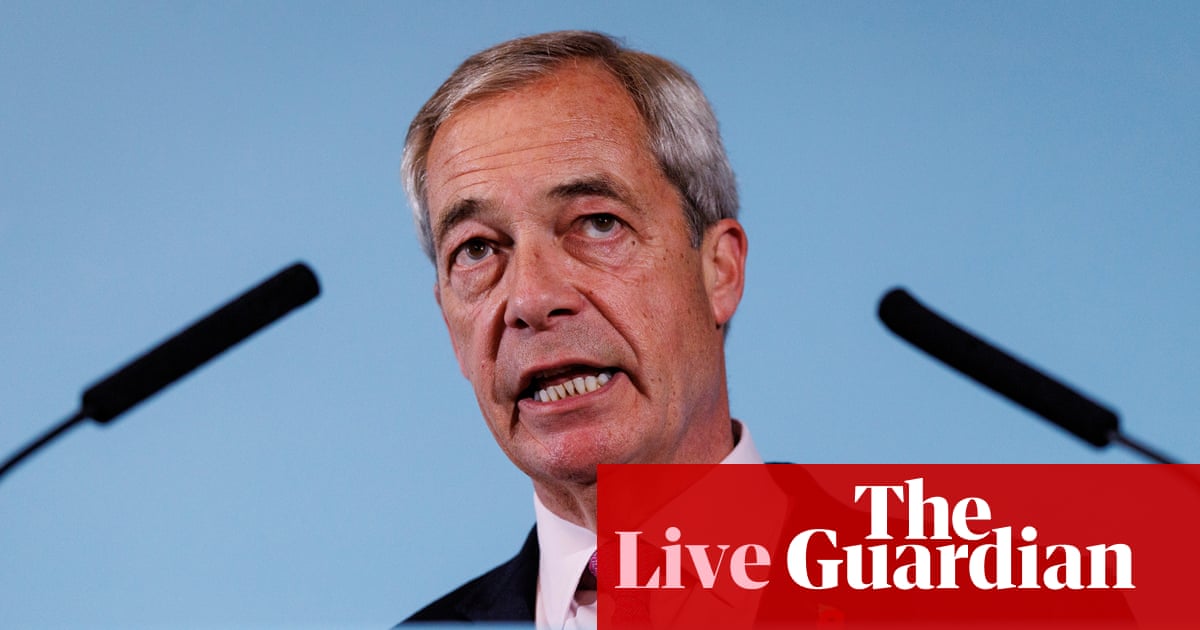The public has paid almost £200bn to the shareholders who own key British industries since they were privatised, research reveals.
The transfer of tens of billions of pounds to the owners of the privatised water, rail, bus, energy and mail services comes as families face soaring bills, polluted rivers and seas, and expensive and unreliable trains and buses.
As a result, citizens have been paying a “privatisation premium” of £250 per household per year since 2010 alone, the analysis found.
Recent focus has been on the privatised water industry, which has run up long-term debts of £73bn and paid out dividends of £88.4bn in the past 34 years at the same time as overseeing record sewage spills, according to the latest figures.
But for the first time the thinktank Common Wealth has drawn together the haemorrhaging of billions of pounds to shareholders across four key sectors, most of which were privatised from the 1980s and 1990s by Margaret Thatcher’s Conservative government – energy, transport, water and mail.
The sell-off of these key industries has “led to a historic transfer of wealth” with at least £193bn having been paid out to shareholders, private equity funds and foreign holding companies since 1991, the report found.
The fallout from the privatisation has created today’s “rip-off Britain”, said Mathew Lawrence, the director of Common Wealth, adding that the privatisation promise of “competition, cheap investment and lower bills” had instead delivered “corporate monopolies, inadequate investment and rising bills”.
“It was sold as the dream of a shareholder democracy but instead created the nightmare of rip-off Britain: families paying more for essential services, while shareholders pocket hundreds of billions in dividends from what were once publicly owned services,” he said.
The research reveals:
£193bn has been paid out to shareholders of the bus, train, mail, energy and water companies since the 1990s.
Almost a quarter of the average energy bill in 2024 was funding corporate profits.
The energy network companies, which distribute gas and electricity to the UK’s homes and businesses, had an operating profit margin of 55% between 2020-24 – compared with a FTSE 100 average of 15%.
Half the rail industry’s income in 2023-24 was from taxpayers via direct or indirect subsidies, but its profits went to shareholders.
One in five commercial bus services have disappeared since 2019.
Rolling stock companies that provide trains paid dividends equivalent to 102% of their post-tax profits over the past eight years.
Directors reaped pay packages for 2020-24 of more than £662.8m in total across the water companies, train operators, rolling stock leasing companies, mail, bus, energy networks and energy retailers.
Energy investment as a share of GDP was twice as high under public ownership compared with the privatised era (1.15% from 1950-79 but just 0.48% from 1991-2024).
The report shows the transfer of wealth from the public to shareholders has continued in the past decade. It calculated that since 2010, £114.6bn has been funnelled to the shareholders of energy, water, rail, bus and mail companies out of customer bills and travel fares – equivalent to £7.2bn a year in total, or roughly £250 per household per year, in a “privatisation premium”.
after newsletter promotion
Lawrence said: “The reality is that who owns and controls our essential services and infrastructure – the backbone of the country, the background pattern of our lives – profoundly matters.
“Public services in public hands is not about nostalgia. It is about building a society where everyone can afford life’s essentials and we end the rip-off. It is the defenders of privatisation who are clinging to an out-of-date ideology that is failing Britain.”
The research found that between 1981 and 1996 the rush to privatise key industries was faster and more radical in the UK than in almost any other advanced economy. It calculated that during this period the UK shed gross public wealth at a rate of 7.4% of national income per year for 15 years. Among rich world economies, the only countries to have shed gross public wealth faster are Russia, Hungary and the Czech Republic in the 1990s, during the peak of their “shock therapy” moves from communism to capitalism.
Many experts argue that some form of common ownership or nationalisation is required in key industries to allow the required level of medium and long term planning - both to meet climate targets and to ensure the systems are resilient enough to withstand climate shocks.
Ewan McGaughey, a professor of law at King’s College London, said: “Virtually all wealthier democracies have mail, transport, energy and water in public ownership. We still do not. We can keep paying billions to foreign banks and shareholders that control our privatised services, or we can have faster mail and transport, clean energy and water, for lower cost. But we cannot do both.”
During his election as Labour leader, Keir Starmer vowed to support “common ownership of rail, mail, energy and water” but has since backtracked, ruling out nationalisation of the big six energy companies, water or mail.
However, according to a YouGov survey last year, most Britons say the utilities and public transport should be run in the public sector.
In government, Labour has made some moves towards nationalisation, bringing some train operators back into public ownership, establishing the publicly owned GB Energy, and completing the renationalisation of the national energy system operator.
There are also an increasing number of examples of public ownership models which offer value for money. In Nottingham the city council owns a majority stake in the bus company. In Greater Manchester, the mayor, Andy Burnham, is working to produce a fully integrated transport system, and has taken the buses in Manchester back into public control.
Ofwat, the financial regulator for the privatised water industry, said: “When paying a dividend, each company and its board must comply with all relevant legislation, standards and duties. Companies that underperform, that have significant investment programmes to fund or are challenged by their levels of financial resilience will need to restrict their dividend payments, even to zero if this is necessary.”
To calculate the dividends paid by the four sectors, Common Wealth economists analysed dividend data sourced from the financial databases FAME and LSEG for the bus, energy and mail companies, company financial statements of train operators and rolling stock leasing companies, academic literature and data from the Office of Road and Rail. Water dividends were sourced from Ofwat and company financial statements.

.png) 1 month ago
43
1 month ago
43

















































